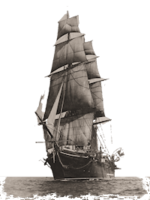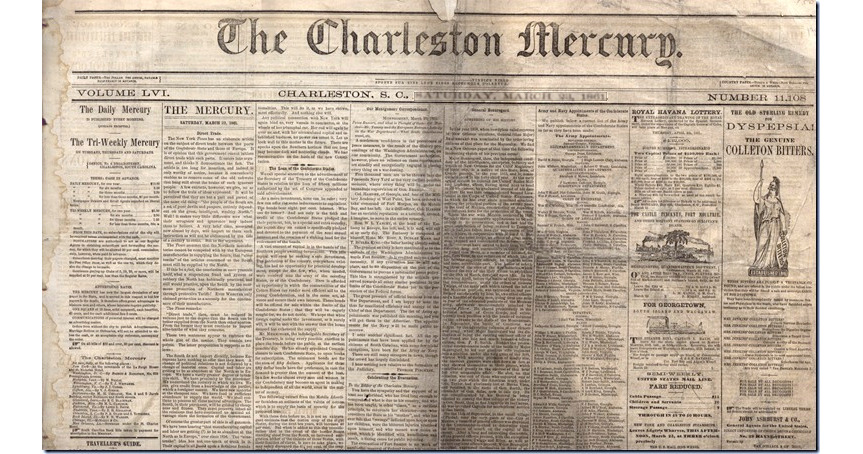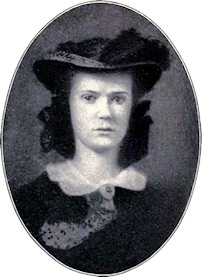March 13, 1863, The Charleston Mercury
There is a general prejudice against the Stars and Bars; though in itself a handsome banner. It is said to be too like the old Yankee concern, which has become so hateful. Fortunately, it is not the Flag under which our armies have won their most signal successes; and many believe that it will be hard now to supersede the crimson battle flag with its starred St. Andrew’s Cross of Blue. It has claims upon us now; for was not this the banner that waved along the lines of the Confederates when they pressed so fiercely upon McClellan hosts through the woods and marshes of the Peninsula, until its crimson flutter was a vision of terror and vengeance to the flying foe? Was not this the glorious rag that struck panic into the legions of Pope when they saw it flash upon their rear like a crimson star? It has waved defiance from the heights of Fredericksburg; and Potomac, from the mountains to the sea, has fondly reflected the blood-red gleam. Under its shadow great soldiers have died with one last look upon its dear cross; and in the hour of victory, it has seemed transfigured into something God-like, when the rapturous shouts of our Southern soldiery shook its folds like a storm. It will be hard to supersede this battle flag, and many will sympathize with the sentiments of our correspondent ‘Alabama.’
RICHMOND ENQUIRER.









